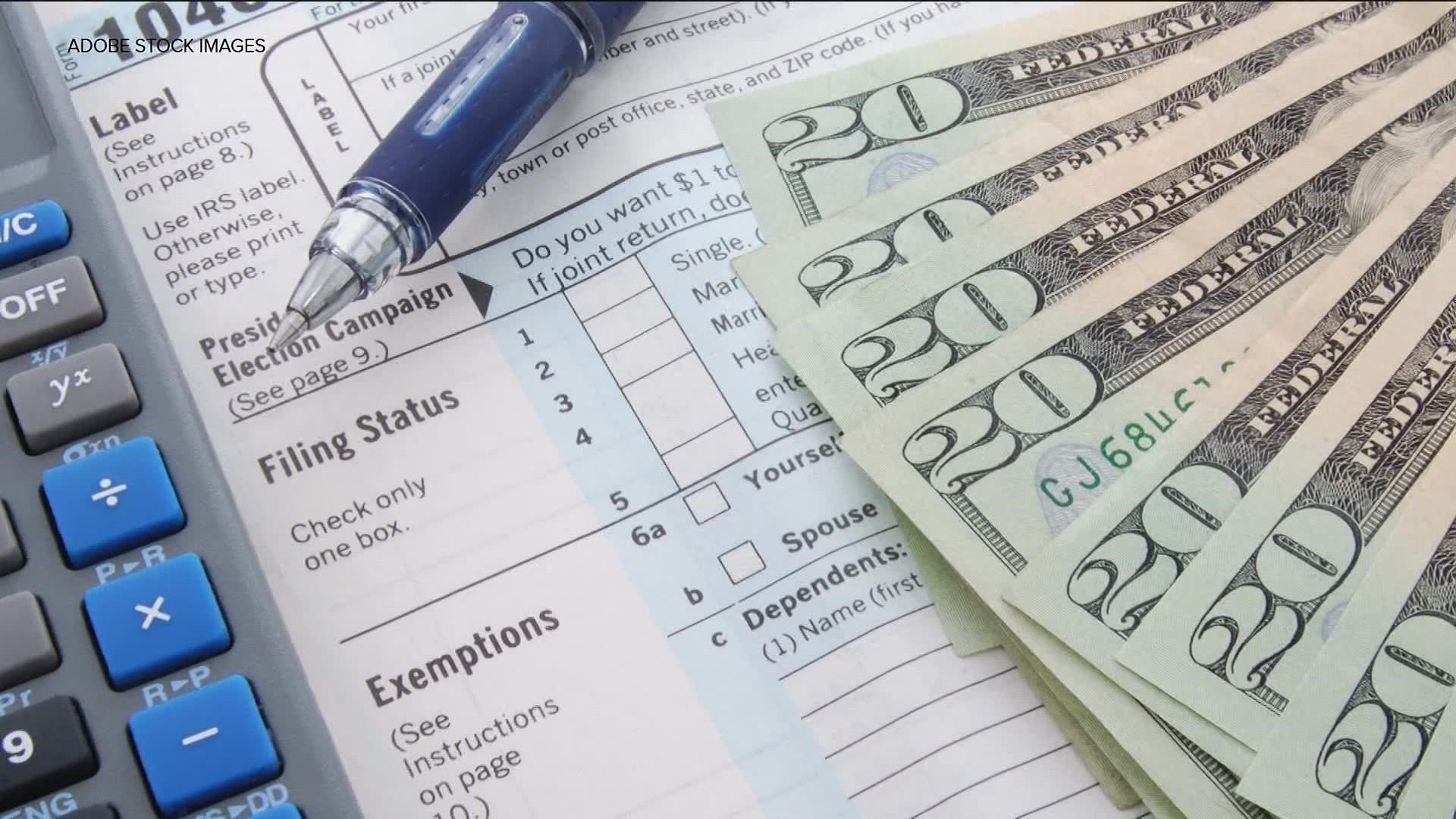ATLANTA — Tax season is here, and one Verify viewer asked 11Alive to take a closer look at whether the IRS can actually process your federal return for you.
THE QUESTION
Can the IRS file your federal taxes if you fail to file them yourself?
THE SOURCES
THE ANSWER
Yes, it's true the IRS could file a 'substitute for return' on your behalf if you fail to voluntarily file your federal taxes, but experts caution this is a route you want to avoid as you could miss available deductions and may face penalties.
WHAT WE FOUND
"By law the IRS may file a substitute return for you if you do not voluntarily file," a post on IRS.gov explained. "A series of letters is first sent explaining the possible action IRS may take as part of the Substitute for Return Program."
While IRS research shows people sometimes miss filing due to the death of a spouse, divorce, or procrastination, the agency is also clear it wants you to file your taxes voluntarily and on time.
If you don't, the IRS can eventually file for you via a process known as "a substitute for return" or SFR. But that process, the agency explained via its website, can cost the filer as an "IRS-prepared return will not include any of your additional exemptions or expenses."
According to H&R Block, the IRS will use information on file such as forms W-2 and 1099's to figure out your tax liability and file for you. That bill will also include interest and penalties.
"It will cost you far more than filing a correct return because they will not take any deductions, business expenses credits whatever you're entitled to," financial expert Andrew Poulos explained.
Consequences of not filing your own return include losing your refund, facing a 'failure to file' penalty, and missing out on the Earned Income Tax Credit, among other impacts.
So while it's technically true that the IRS can file your federal taxes on your behalf should you fail to file them yourself, experts confirm this is a route to avoid. According to H&R Block, the process could take two to three years and result in penalties and missed deductions.
If you do miss a deadline, the IRS advises filing your return as soon as possible and reach out to a tax professional or the IRS when it comes to late returns.

